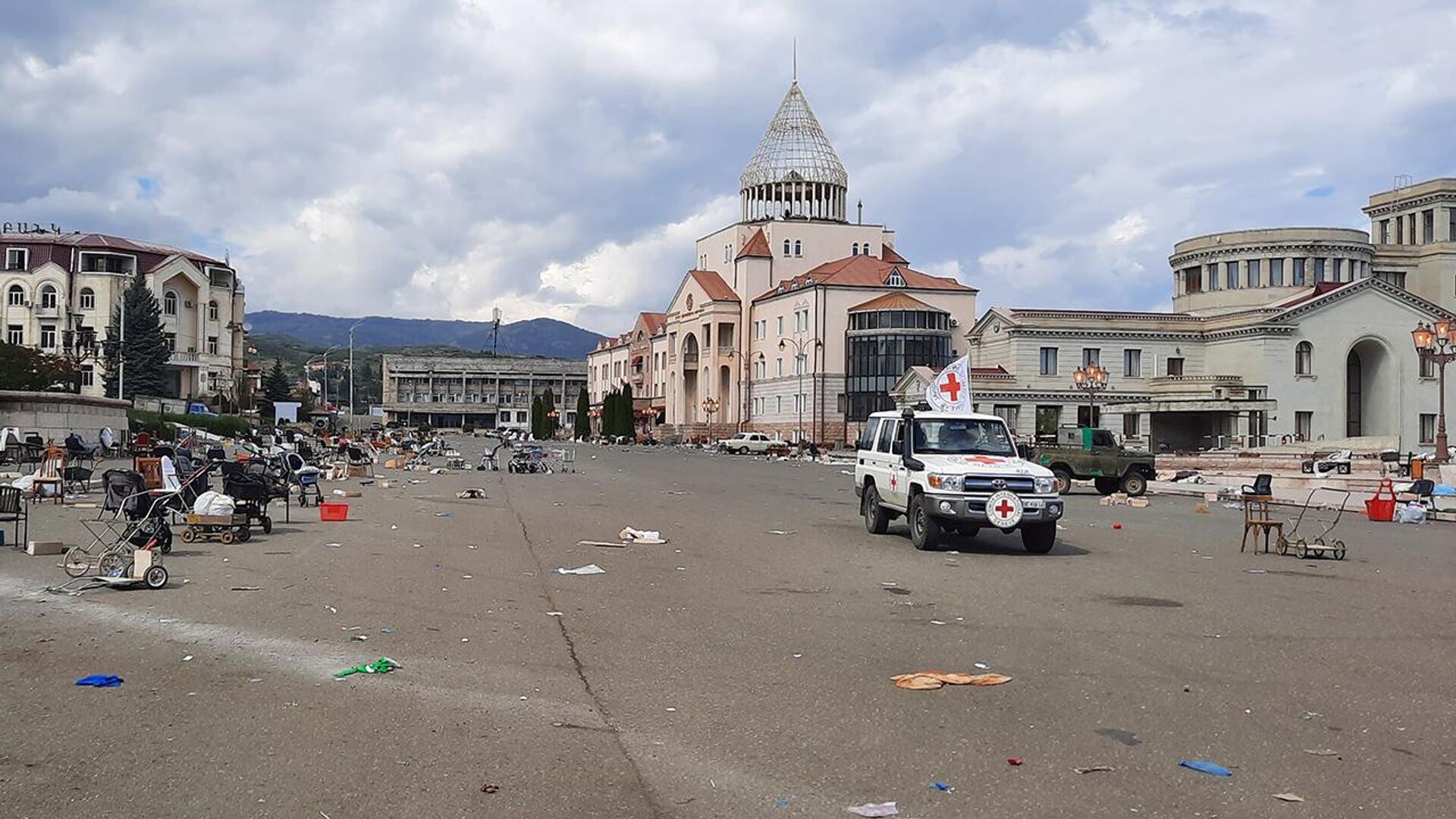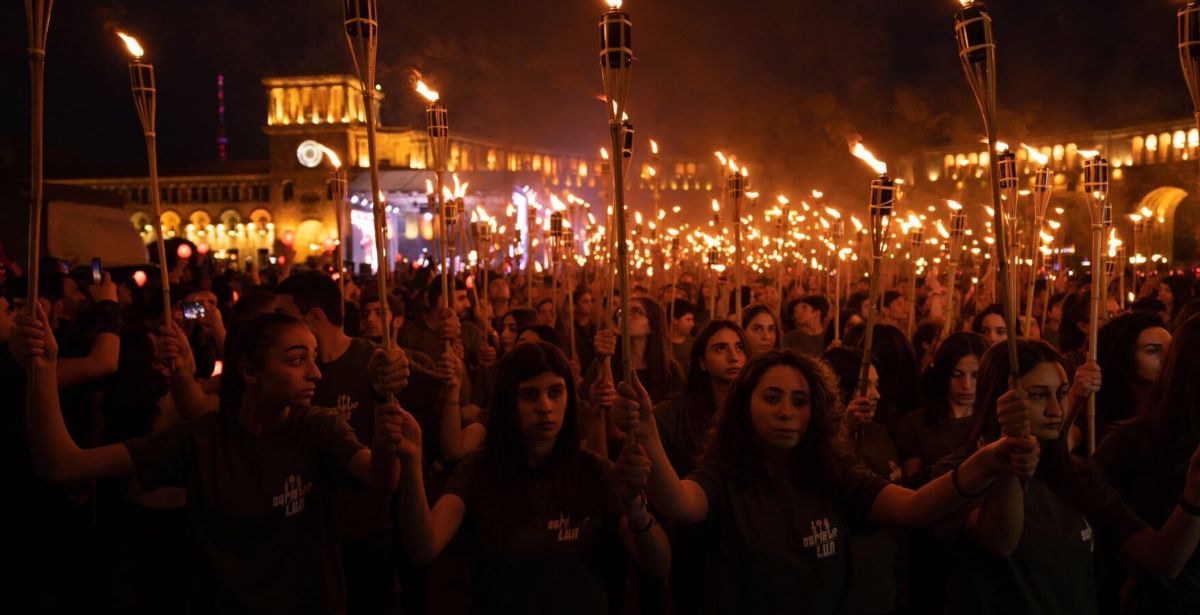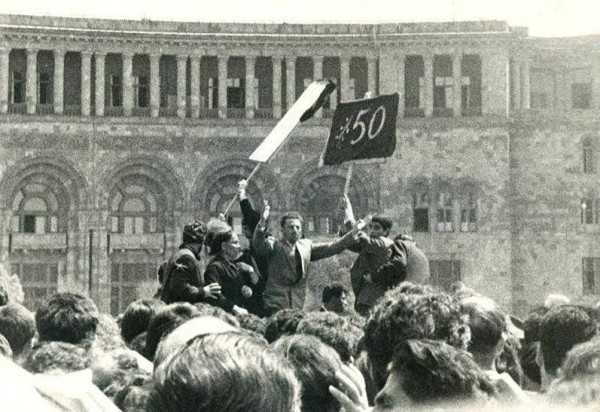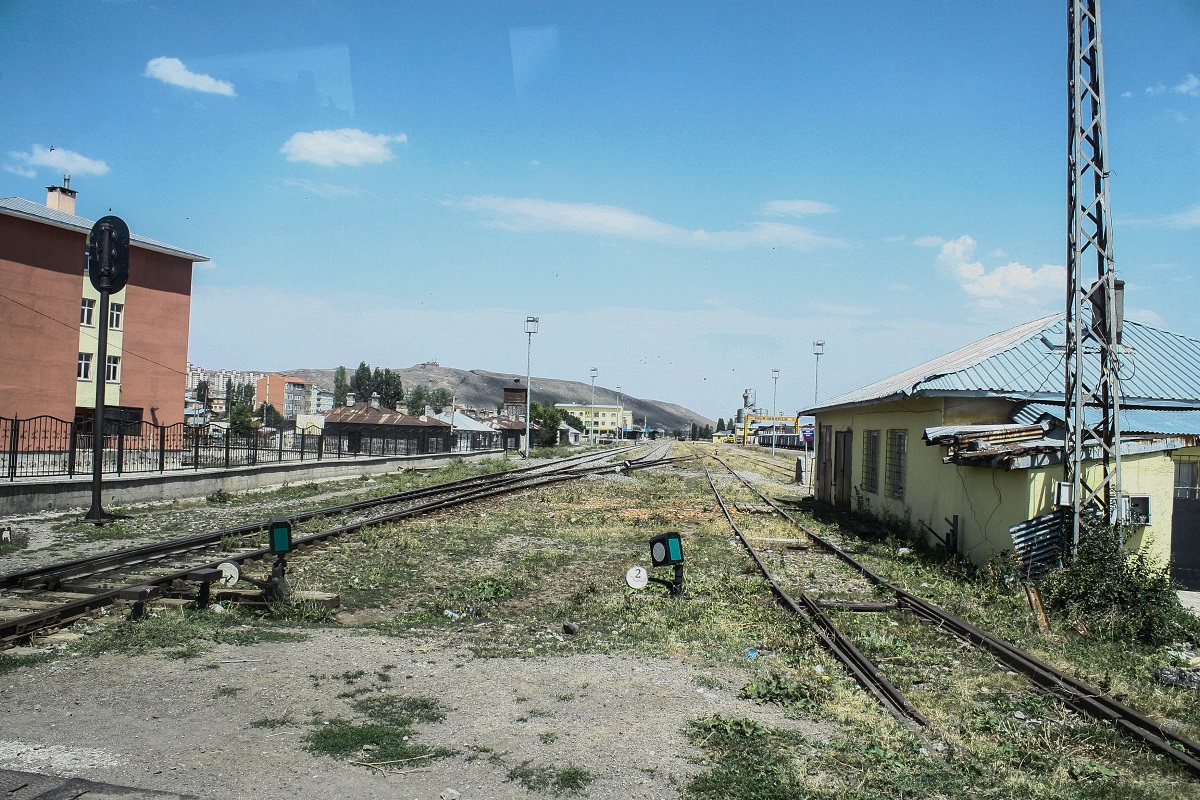International Forum in Yerevan: risk factors and genocide prevention
Yerevan hosts forum Against Crime of Genocide
For two days, Armenian and international experts gathered in Yerevan to discuss genocide risk factors and ways to enhance mechanisms for early detection and prevention of such tragedies. The 5th Global Forum “Against the Crime of Genocide” brought together scholars researching crimes against humanity, leaders of international human rights organizations, activists, civil society representatives, and politicians.
A central theme of the forum was the idea that impunity leads to new genocides. Many speakers argued that some of today’s events might have been avoided if prevention mechanisms had been applied effectively. However, they emphasized that political will is essential to prosecute perpetrators, while international justice often faces significant resistance.
Armenian Foreign Minister Ararat Mirzoyan, speaking at the forum, noted that the international community tends to pay attention to genocides and other mass crimes only after they have already occurred:
“We witnessed this in our region not only over 110 years ago in case of the Armenian Genocide but also literally last year when it seemed that the world could clearly see enough risk factors that could lead to irreversible consequences.
Unfortunately, we were unable to prevent, and today we are witnessing the irreversible consequences. This is one of the examples where the response of international institutions was not proportional to the risk factors and the situation on the ground. And the most significant one of these risk factors, the spread of hatred, ultimately turned from hate speech into a crime.”
- Opinion from Yerevan: “Turkey’s preconditions for Armenia are often voiced from Baku”
- Opinion: “There is pressure on Erdoğan regarding the opening of the Armenian-Turkish border”
- Special representatives of Armenia and Turkey met at the border: what was agreed upon
“Genocide preceded ethnic cleansing in Nagorno-Karabakh”
The President of the International Association of Genocide Scholars, Melanie O’Brien, stated in Yerevan that discussions about genocides should not overlook what occurred during the 10-month blockade in Nagorno-Karabakh:
“We are talking about the lack of food, medical care, and medication. These are fundamental characteristics of genocide. This is a crime of creating conditions for physical destruction. We saw some residents of Nagorno-Karabakh die of starvation. At the very least, we can clearly state that the ethnic cleansing in Nagorno-Karabakh in September 2023 was preceded by genocide.
The deportation of Armenians from Nagorno-Karabakh can be characterized as a crime against humanity. This would allow the International Criminal Court to examine the crime. Evidence-based arguments can be made, but I understand it will be challenging to find a way to hold anyone truly accountable.”
“Armenians fight primarily for justice and memory”
Former Chief Prosecutor of the International Criminal Court, Luis Moreno Ocampo, also participated in the forum. Speaking about the Armenian Genocide of the early 20th century and the efforts to recognize this crime, he said:
“Armenians fight primarily for justice and the memory [of the victims]. It’s hard to say whether Turkey will ever acknowledge the fact of genocide. We don’t know. But we must involve Turkey in the discussion and explain. The younger generation is different. I believe we can address this issue with the younger generation.”
The Armenian Genocide refers to the mass killings in Ottoman Turkey in 1915. Before that, approximately 2.5 million Armenians lived in the Ottoman Empire. As a result of killings and mass deportations, more than half of them perished. Armenia, some Western countries, and international organizations officially recognize those events as genocide. Turkey categorically rejects this term.
“Today’s crimes could have been prevented”
The President of the International Association of Genocide Scholars, Melanie O’Brien, warns that genocide is not limited to mass killings:
“This term also encompasses crimes involving humiliation and deprivation of people. Genocide, as a crime against humanity, must be recognized, condemned, and prevented through international mechanisms. International courts must oversee this process.
The crimes we are witnessing today could have been prevented in the past. But that did not happen. Now, we see these processes unfolding in Sudan, Myanmar, and Palestine. If the perpetrators had been held accountable, others might have thought twice before committing similar crimes.”
UN calls: “respect international law, strengthen prevention tools”
At the “Against the Crime of Genocide” forum, UN High Commissioner for Human Rights Volker Türk delivered a video address, emphasizing that the key to preventing genocides is the full adherence to international law by all governments and conflicting parties:
“These grave crimes do not arise out of nowhere. They are preceded by systematic discrimination, incitement to hatred, and practices of segregation based on racial, ethnic, religious, or other grounds.”
Türk noted that there are obligations to prevent such violations, which “many countries today fail to fulfill.” He urged governments to cooperate in investigating international crimes and to support mechanisms of accountability, including the International Criminal Court.
UN Secretary-General António Guterres also addressed the forum participants, recalling the Convention on the Prevention and Punishment of the Crime of Genocide, adopted 76 years ago. He stated that this document serves as a guarantee to victims and survivors of genocide that such atrocities will never happen again.
“Unfortunately, in a world plagued by division, distrust, and violence, the dark spectre of genocide remains with us,” he said.
Guterres stressed that all governments must ratify and implement the provisions of the convention and hold perpetrators accountable. He also called for strengthening prevention tools, including education and combating misinformation:
“Misinformation can contribute to incitement to hatred and actions aimed at genocide. We must respect and implement the rulings of the International Court of Justice regarding the application of the convention. We must do everything possible to identify early warning signs and raise the alarm. The best way to honour the memory of genocide victims and survivors is to intensify efforts to prevent this horrific crime.”






















